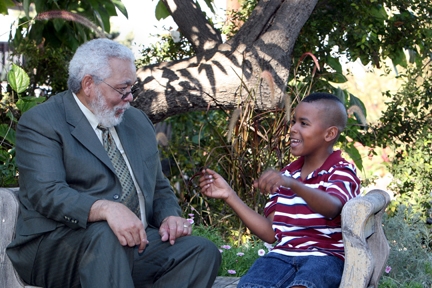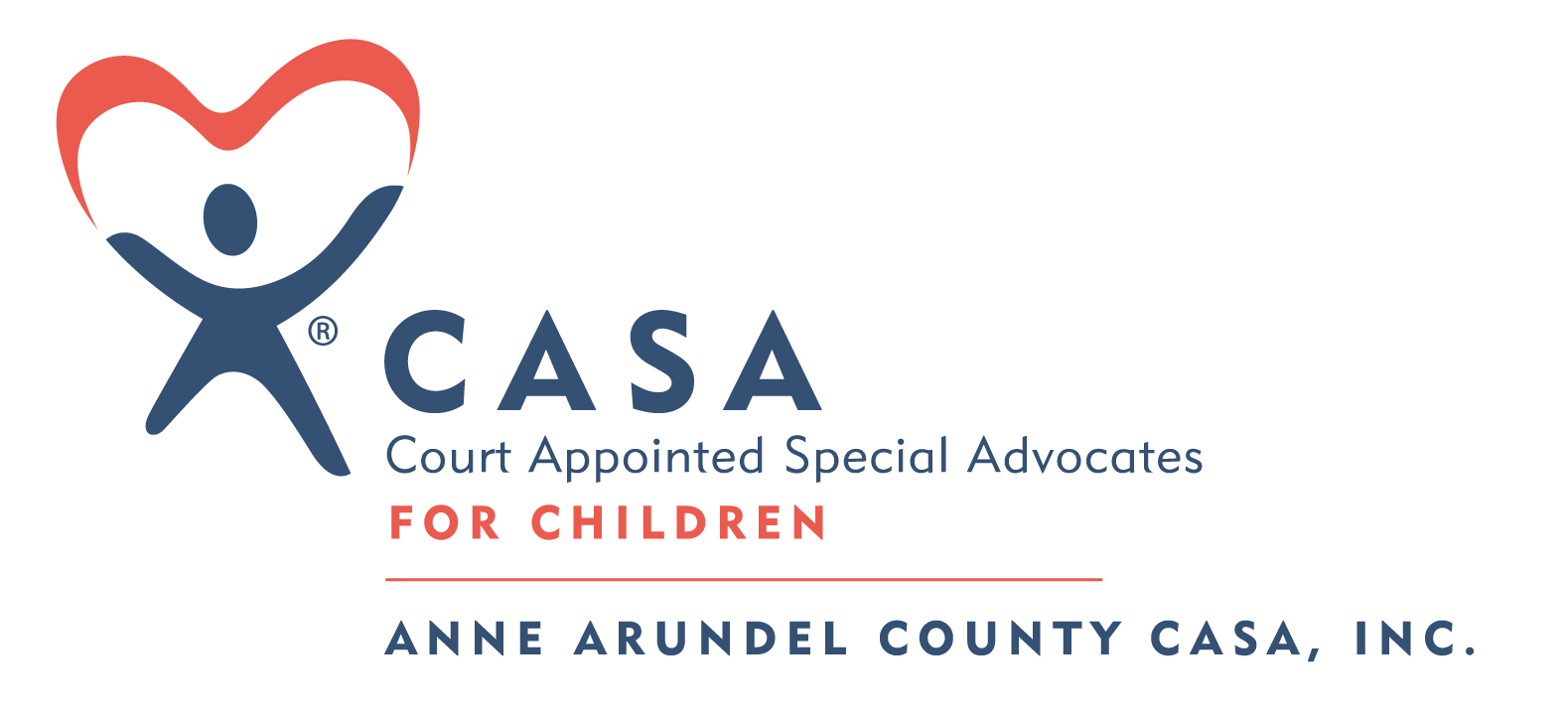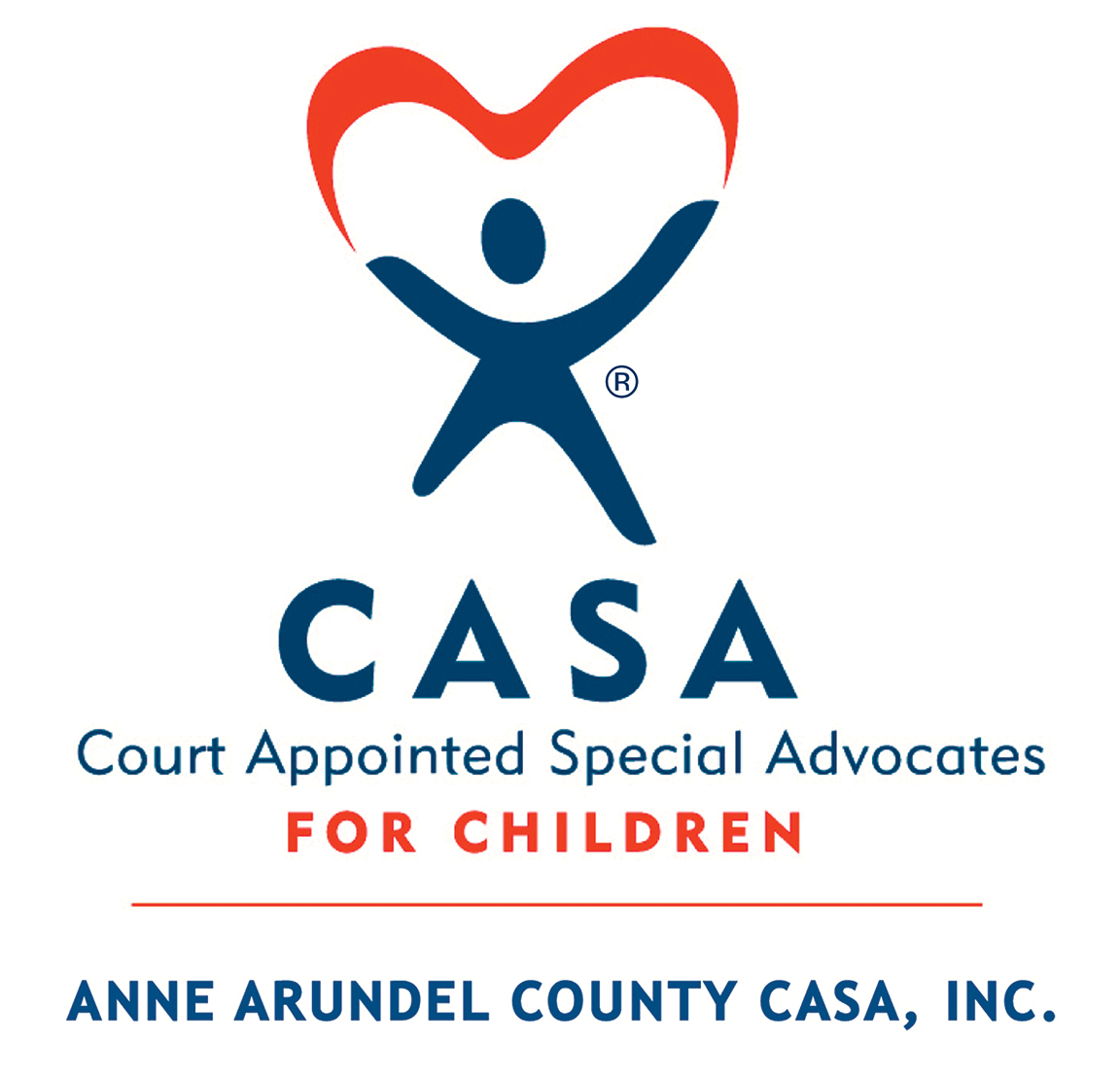
Anne Arundel County CASA Receives $41,700 National Grant to Support Diversity, Equity and Inclusion for County’s Vulnerable Youth
Anne Arundel County CASA, Inc. has been awarded a $41,700 Diversity, Equity and Inclusion (DEI) Grant from National CASA to create a culture of inclusiveness and focus on expanding service to qualifying children in foster care in the county.
Anne Arundel County CASA (AACASA). recruits, trains and supports volunteers who advocate for the best interests of children who have experienced abuse or neglect.
The National CASA/GAL (National Court Appointed Special Advocate/Guardian ad Litem Association for Children) DEI Grants support state organizations and local programs with volunteer recruitment among target populations reflective of the communities and children served, DEI initiatives that create a culture of inclusiveness and equitable practices and building of a more culturally competent workforce, including DEI training opportunity provision.
“Over the past 17 years, I have been privileged to witness the remarkable ways that CASA volunteers impact the lives of the most vulnerable children in our community,” said Rebecca Tingle, Executive Director of AACASA.
“These children come to us wounded, but they cling to their hopes and dreams. It is our job to watch over them while in foster care, to make sure all that can be done is done to help them flourish while a safe, loving and forever home is found. CASA’s make a difference every day—one child at a time, one life at a time, one future at a time. We are grateful to the National CASA/GAL Association for this generous grant to help us serve all of the children in foster care in Anne Arundel County.”
There are 950 CASA/GAL state organizations and local programs operating in 49 states and the District of Columbia. This funding is provided under the OJJDP FY2021 VOCA Children’s Advocacy National Subgrant Program (CFDA #16.756) to manage a national grant awards program on behalf of the U.S. Department of Justice’s Office of Juvenile Justice and Delinquency Prevention (OJJDP) primarily for the purpose of increasing the number Court Appointed Special Advocate (CASA)/Guardian ad Litem (GAL) volunteers to advocate for the best interest of children who have experienced abuse or neglect and are the subject of civil court child abuse and neglect proceedings.
National CASA/GAL administers the grants program under a cooperative agreement with OJJDP which is authorized pursuant to the Victims of Child Abuse Act, 34 USC §20323.
About Anne Arundel County CASA, Inc.
Anne Arundel County CASA, Inc. (AACASA) is a 501(c)3 non-profit organization that advocates for and supports abused and neglected foster care children in the court system to ensure their right to safe, stable and permanent homes. Founded in 1993, AACASA provides a powerful voice and meaningful connection for children who have experienced abused, neglect and abandonment. We are able to serve these children through the generous support of those who donate to our local CASA chapter, as well as the immeasurable compassion and commitment of our CASA advocates. Please visit aacasa.org. to learn more.
About the National Court Appointed Special Advocate/Guardian ad Litem Association for Children
The National Court Appointed Special Advocate/Guardian ad Litem (CASA/GAL) Association for Children, together with its 950 state and local member programs, supports and promotes court-appointed volunteer advocacy so that every child who has experienced abuse or neglect in the United States can be safe, have a permanent home and have the opportunity to thrive. National CASA/GAL offers leadership and support to the network of programs and leads its continued growth. CASA/GAL volunteers and staff work every day to advocate for children, youth, and families. To learn more, visit nationalcasagal.org.
###








